SJI Grantee Spotlights
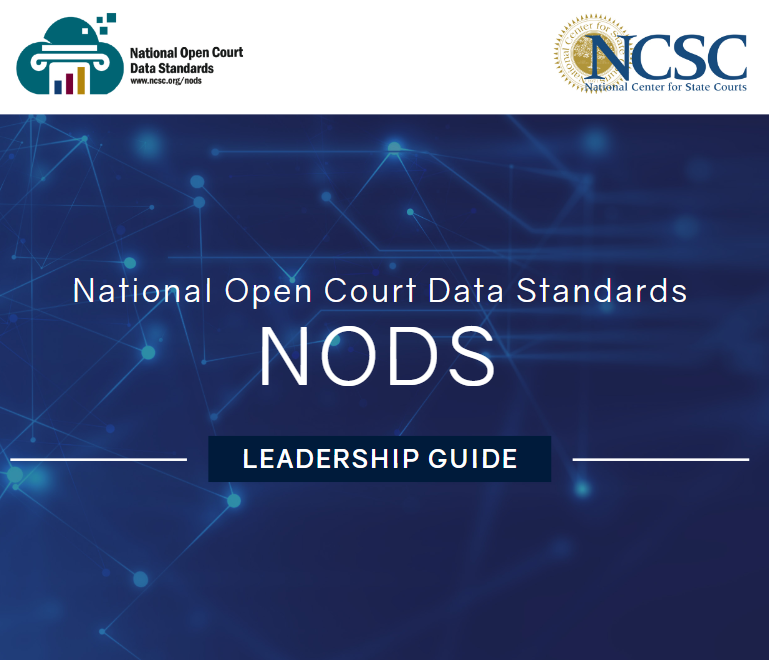
Implementing National Open Court Data Standards in Pilot Courts
The National Open Court Data Standards (NODS) consists of business and technical court data standards designed to facilitate the sharing of court data, ensure consistency in how data are understood and used, and reduce the costs and efforts required for courts to respond to data requests. In addition, several states are using NODS as a framework to build statewide data repositories.
Over the last four years, SJI has supported the implementation of NODS in 16 states. A recent evaluation of the project found that successful implementation has relied upon supportive executive leadership, dedicated staff, a designated NODS champion, and financial resources. Barriers to implementation have included a lack of resources, competing priorities, and insufficient leadership support. For states implementing NODS, it has been a useful tool to identify and address data governance issues. Most adopting courts indicated that their court began to collect new data elements due to mapping their case management system to NODS.
In addition to the core spreadsheet of data elements, resources available to courts and vendors include:
- NODS NIEM6 Message specification
- NODS User Guide
- NODS Leadership Guide
Along with Subject-area specific guides to NODS, including:
- NODS for Family Court
- NODS for Guardianship
- NODS for Traffic
- NODS for Criminal
These resources are available at www.ncsc.org/nods.
Webinars are also available to learn more about NODS, including a Data Dives Webinar on NODS and a special webinar on Better Traffic data with NODS.
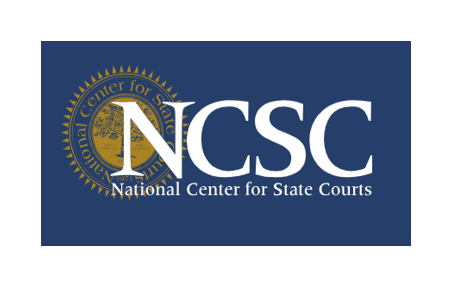
AI Readiness for the State Courts – The National Center for State Courts
January 1, 2025
The National Center for State Courts (NCSC) has brought together experts and practitioners to develop comprehensive guidance on AI Readiness for the state courts. The project, funded by SJI, aims to provide resources for courts along the whole spectrum of AI maturity, from courts that are just beginning to think about AI to courts that …
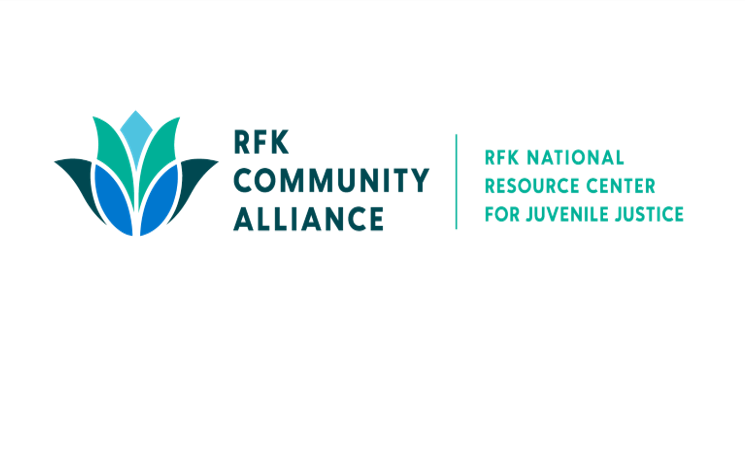
Probation and Youth Justice System Review – RFK National Resource Center for Juvenile Justice
December 1, 2024
The RFK National Resource Center for Juvenile Justice (RFKNRCJJ) has used a proven framework to partner with state and local jurisdictions to conduct multiple probation and youth justice system reviews designed to improve outcomes for youth and families at-risk or involved in the juvenile justice systems for more than fifteen years. RFK’s successful technical assistance …
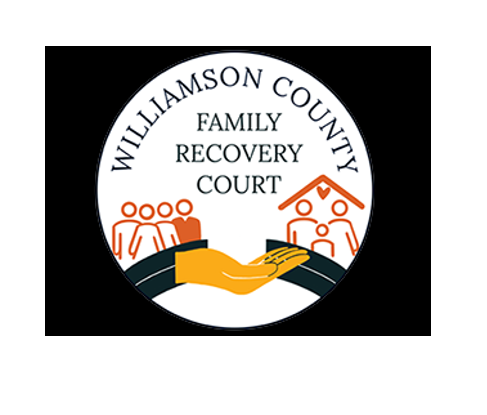
Keeping Families Together: Preserving and Reunifying Families with Substance Use Disorder Through a Family Recovery Court – University of Texas at Arlington
November 1, 2024
The Keeping Families Together: Preserving and Reunifying Families with Substance Use Disorder (KFT) project was established to refine and test a Family Recovery Court (FRC) model for child welfare-involved families with substance use disorders. In collaboration with the Williamson County Family Recovery Court, Dr. Catherine LaBrenz and her team at the University of Texas at …
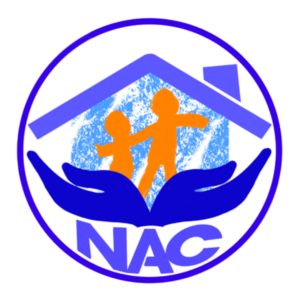
Supporting Shared Assessment Center Outcomes and Measures – National Assessment Center Association (NAC)
October 1, 2024
The Assessment Center Outcome and Reporting Network (ACORN) initiative was established to create a more consistent performance and outcome measures for Assessment Centers (AC) nationwide. The National Assessment Center Association (NAC) in collaboration with the National Center for Juvenile Justice (NCJJ) and Dr. Jeff Kretschmar, worked to support a cohort of six ACs (listed below) …

Court Navigation and Support – Policy Research Associates
September 1, 2024
Many people who become involved in the criminal legal system experience behavioral health and social service-related needs that remain unmet throughout their system involvement. These unmet needs can result in people cycling through the system, taking a toll on their well-being and placing a burden on the system. In recognition of this challenge, jurisdictions across …
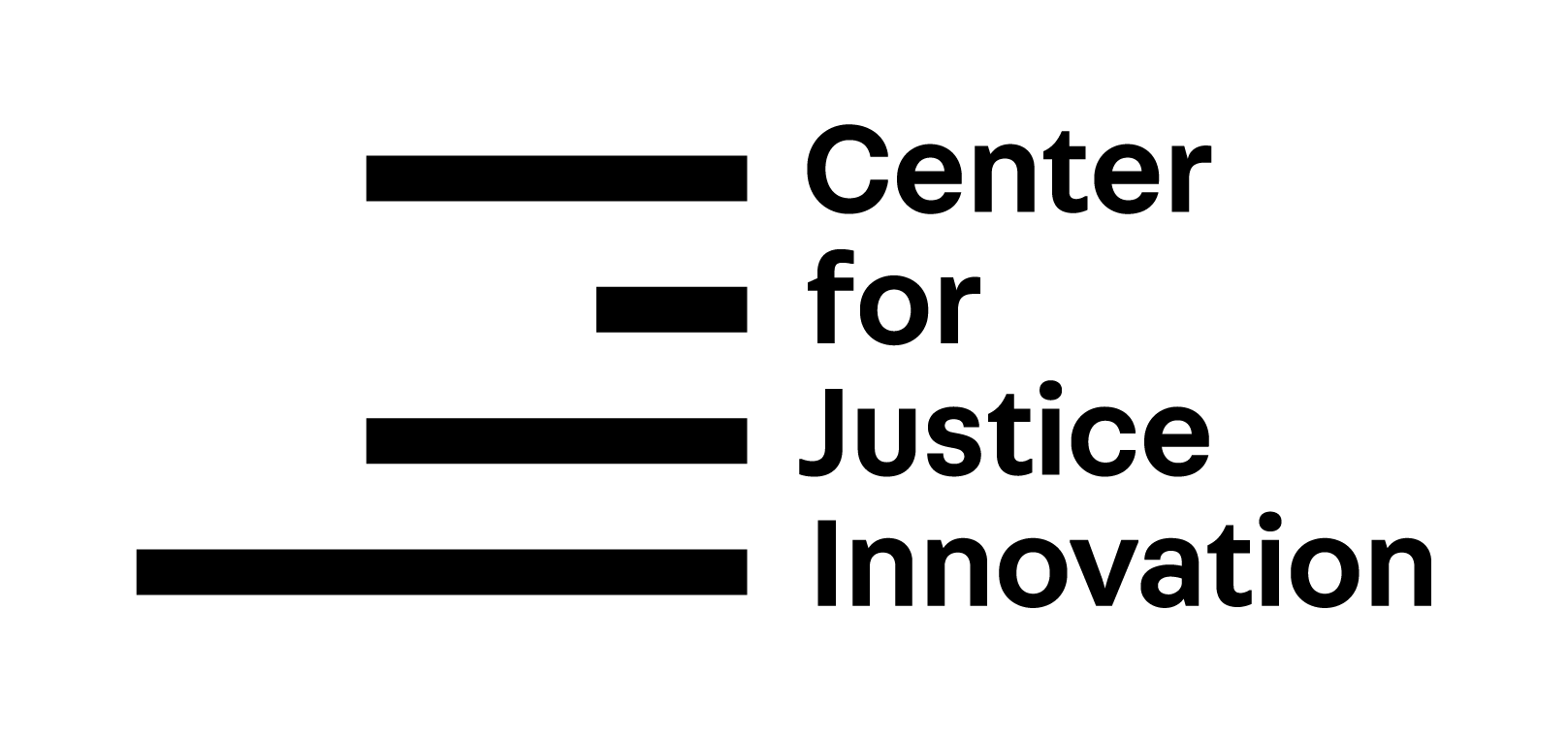
Trauma-Informed Practice Strategy Lab (TIPS Lab) – Center for Justice Innovation
August 1, 2024
The Trauma-Informed Practice Strategy Lab (TIPS Lab) was born out of the need to address the trauma of people involved in criminal courts—an urgent need shown by statistics on the prevalence of violence and victimization in the United States. The Center for Justice Innovation is leading the development of the TIPS Lab, which includes a …

